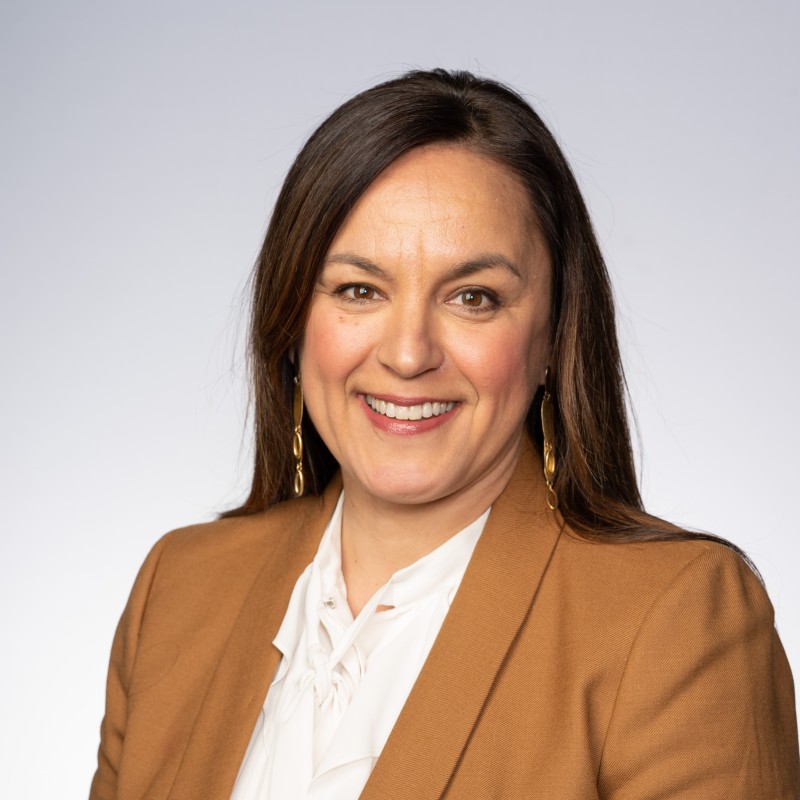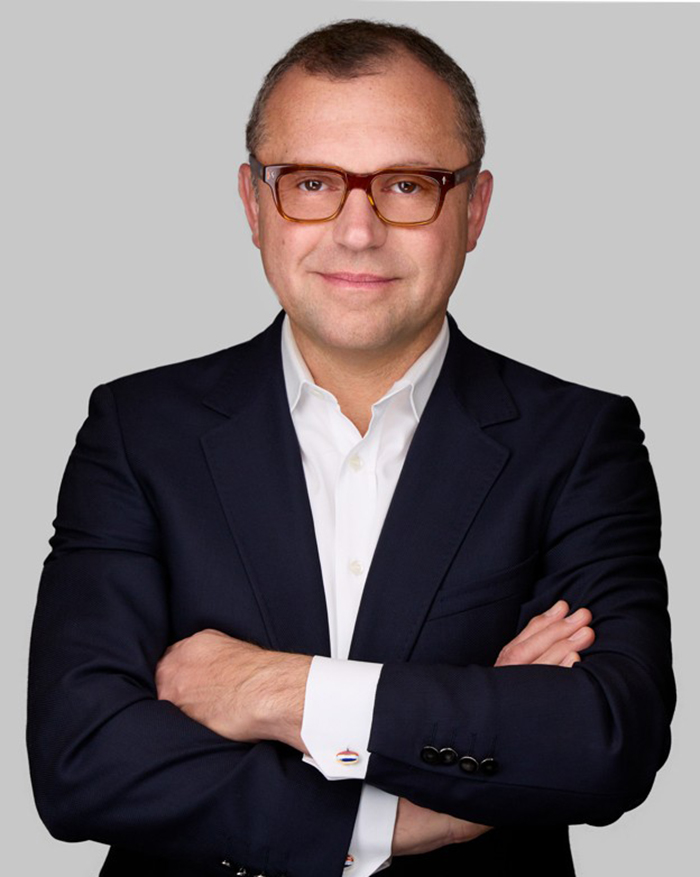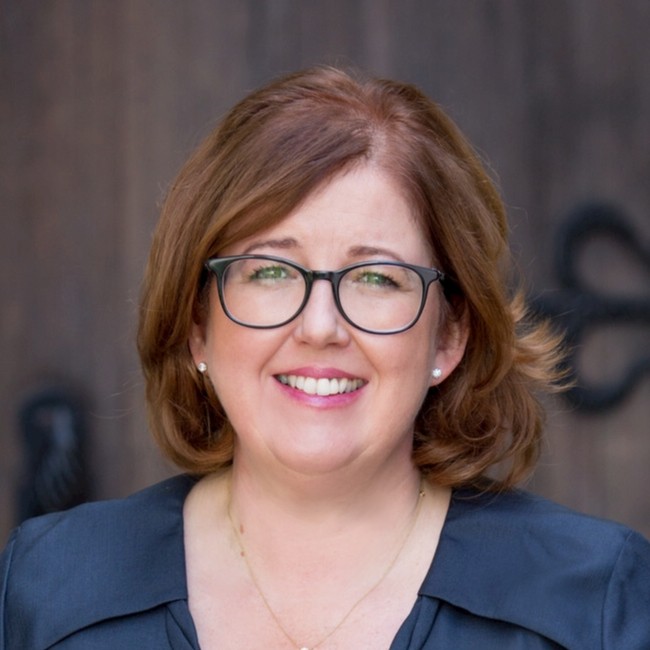C-Suite Leaders Stand Firm: Inclusion Remains Core to Trade Show Success in 2025

Since U.S. President Donald Trump signed Executive Order 14151, titled "Ending Radical And Wasteful Government DEI Programs And Preferencing," on January 20, federal agencies have been rolling back their DEI programs and cutting budgets. While some of the administration’s efforts only apply to the federal government, several target DEI programs in the private sector. How are independent trade show companies responding?
Inclusion, diversity, and belonging are (still) integral components of successful trade show organizations, according to four industry executives who participated in a webinar titled “The C-Suite Perspective on Inclusion in 2025” on April 17.
The dialogue featured insights from prominent figures in the industry, including Paul Miller, CEO, Questex; Mary Larkin, president, Nineteen Group; Liz Plizga, president, Diversified; and Herve Sedky, CEO, Emerald. Clusivity Co-Founder Meera Somji facilitated the discussion.
TSNN attended the webinar. Here are our highlights and takeaways.

Understanding the Current Landscape
The session began by acknowledging the pressures that organizations face in maintaining and advancing their diversity, equity, and inclusion (DEI) commitments. As Somji noted, there are external pressures, but ultimately businesses must decide how to respond: "Businesses are making decisions for different reasons depending on the pressures they're facing."
A Shift Towards Belonging
A notable point of discussion was the shift from traditional DEI language towards the notion of belonging. "Belonging is an interesting, deeper dive into the work," Plizga said, highlighting the ongoing commitment to creating environments where everyone feels they belong.

The Importance of Staying the Course
Each leader emphasized the need to remain steadfast in their inclusion commitments despite external challenges. Larkin said "Creating a values-driven company where people feel included and belong" is crucial, reflecting a shared sentiment among the speakers.
The Role of Leadership and HR
Miller underscored the importance of leadership in driving inclusion, stating, "This is a key element of our culture. If you want to be part of that as a candidate, come on in."
Communication and Action
Plizga emphasized the necessity of communication in fostering an inclusive culture: "Communication, communication, communication and showing support through action is key."
Supporting Diverse Talent Pipelines
The executives also addressed strategies for attracting diverse talent. Sedky shared a bold move by Emerald, noting, "Elimination of the college degree requirement and putting experience above education" as a way to broaden the talent pool.

10 Takeaways for Trade Show Organizers
For trade show organizers looking to enhance their own DEI strategies, here are 10 takeaways from our conversation:
1. Commitment to Values: As Miller emphasized, "Your test of your values is ... are they real or just words?"
2. Embrace Bold Decisions: Plizga highlighted the importance of making decisive moves even amid uncertainty.
3. Shift Toward Belonging: Consider embracing belonging as part of your DEI strategy, ensuring everyone feels included.
4. Remove Barriers: Follow Emerald’s lead by eliminating unnecessary requirements like mandatory college degrees in hiring.
5. Strong Communication: Reinforce inclusion messages frequently and through multiple channels, suggested Plizga.
6. Learn from Others: Use best practices from other organizations to inform your DEI initiatives, Sedky suggested.
7. Involve Leadership: Do not relegate DEI responsibilities solely to HR; it is a company-wide culture issue.
8. Diversify Your Stage: Reflect diversity in the speakers and experts featured in your trade shows, as Miller suggested.

9. Support During Change: "Providing a safe environment and staying on top of the pulse" is essential, Plizga stressed.
10. Training and Awareness: Enhance training for unconscious bias and inclusive hiring practices.
Looking ahead
As this dialogue illuminated, commitment to inclusion requires not only steadfast leadership but also genuine engagement across all levels of an organization. Through understanding, action, and ongoing communication, businesses can create environments where everyone feels they belong and thrive.


Add new comment